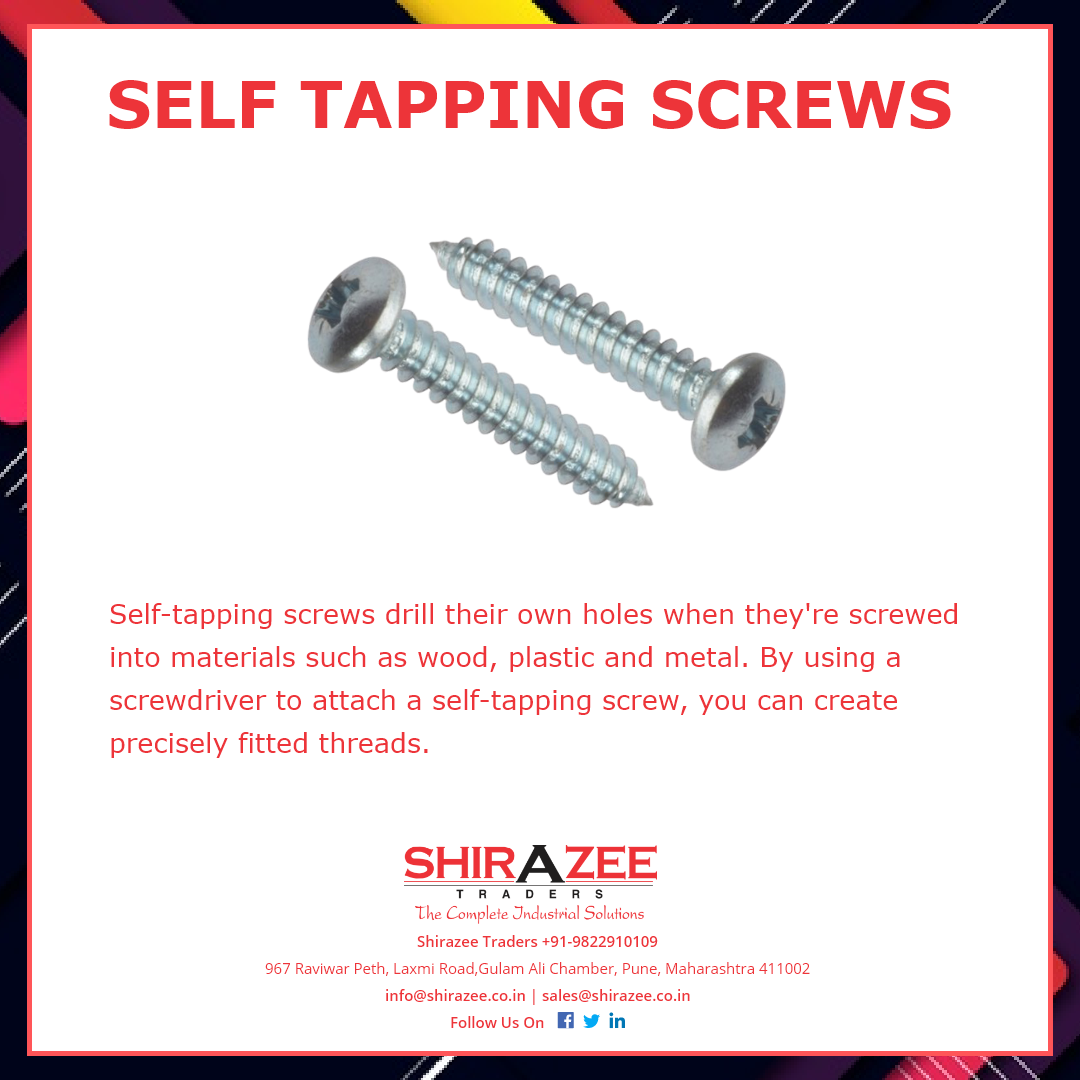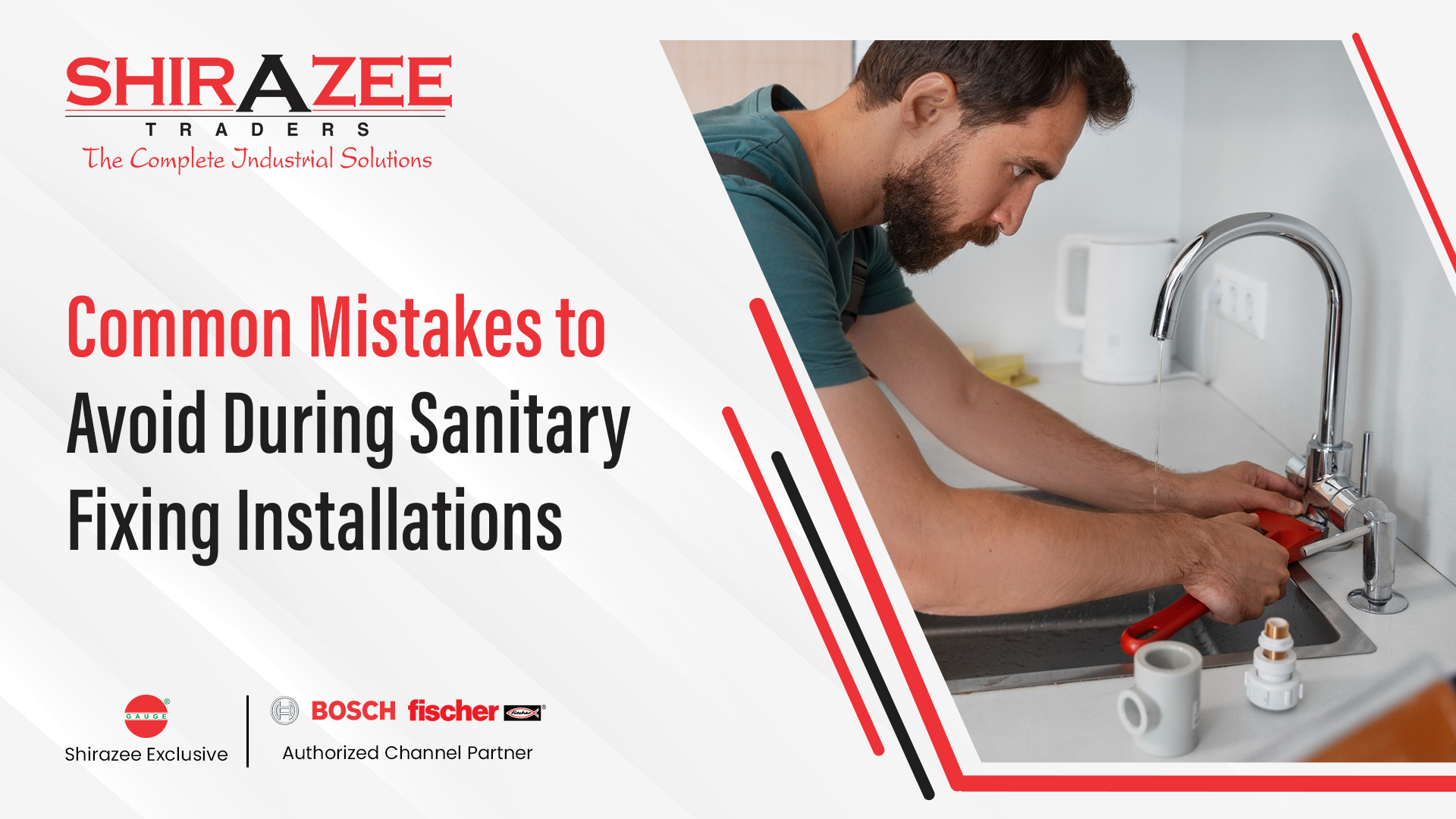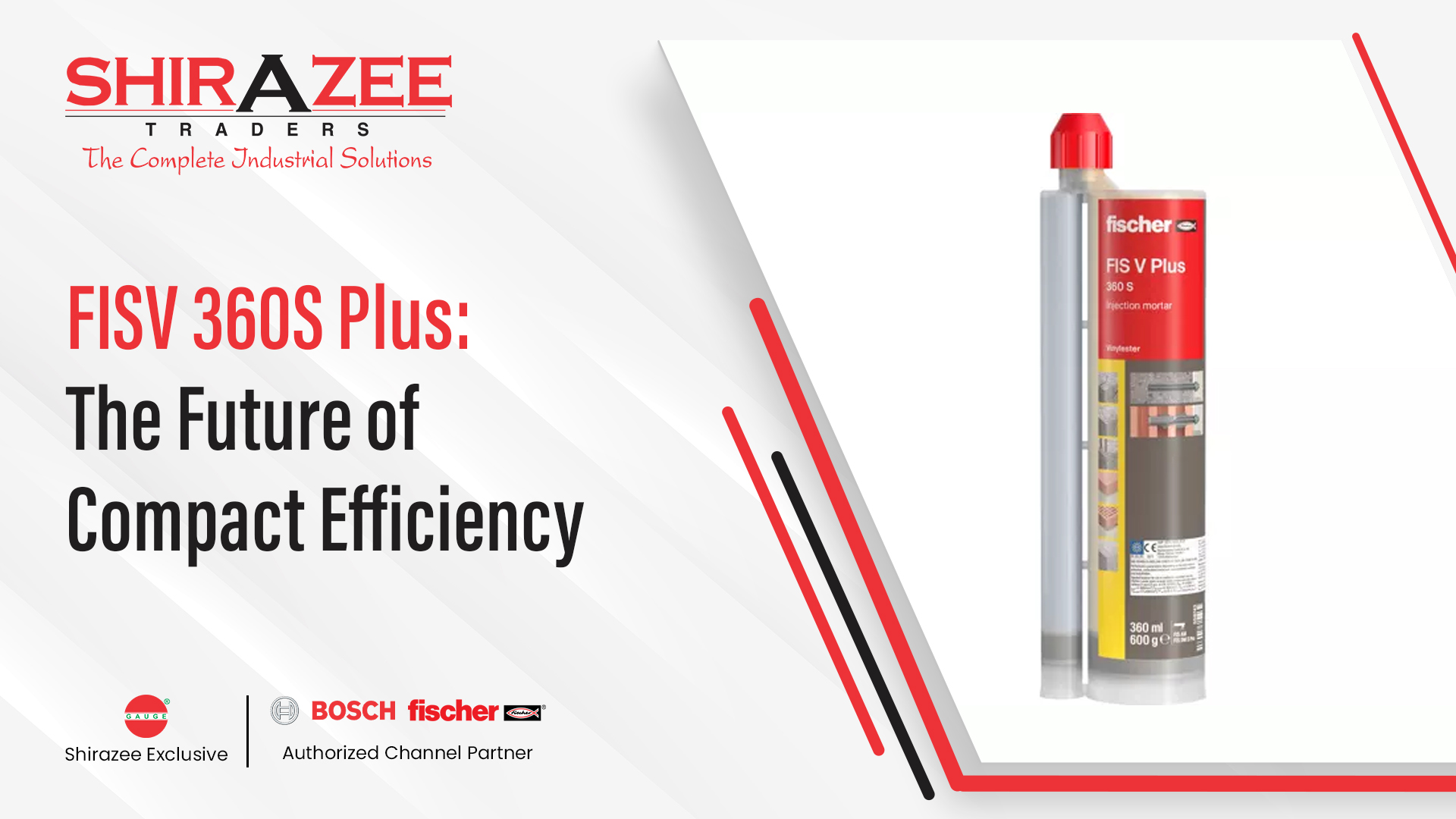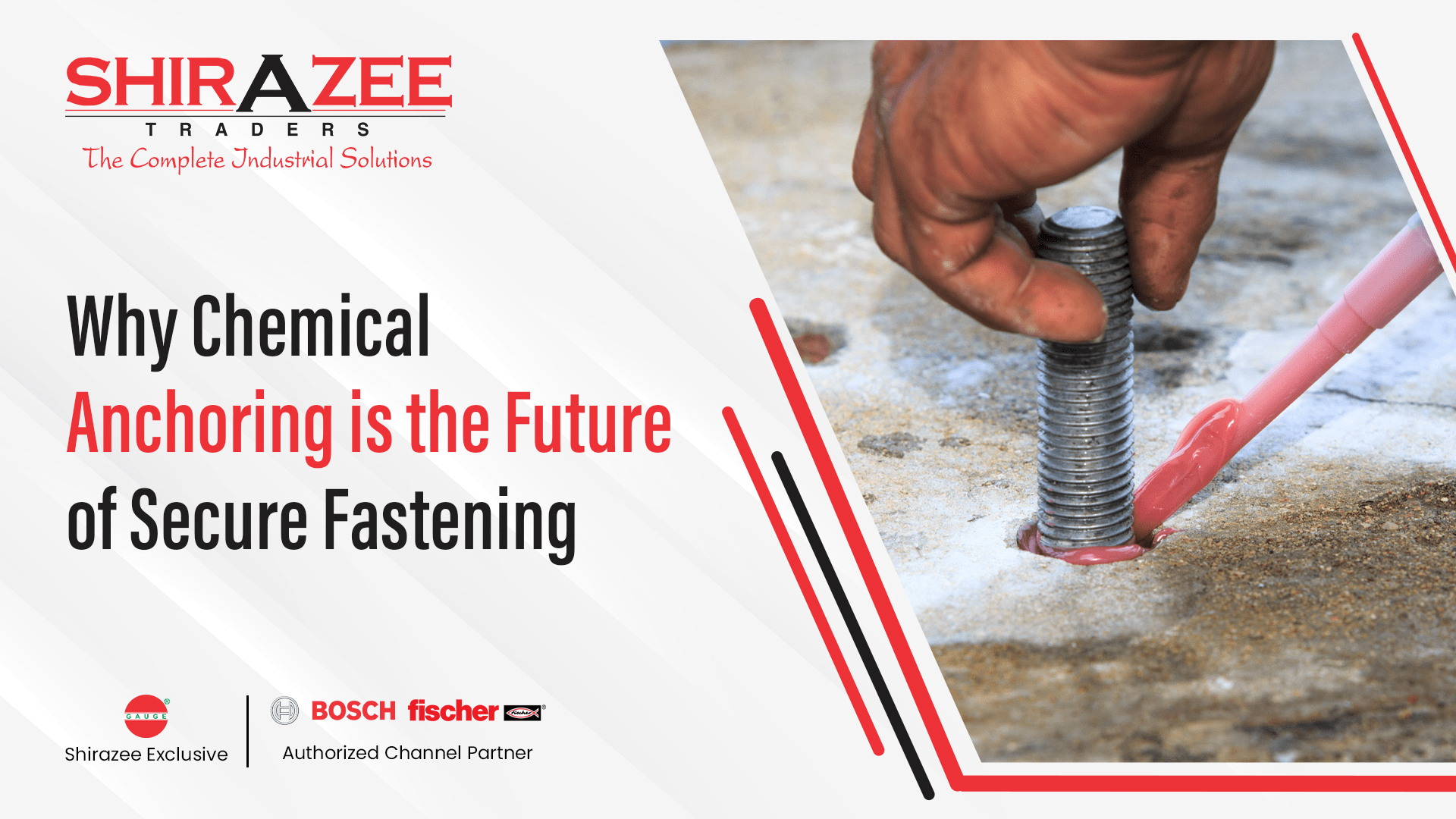
Self-Tapping Screw is fasteners that are designed to drill their own hole as they screwed into wood, plastic, or metal. By using a screwdriver and self-tapping screws, precisely fitted threads are created. Self Tapping Screw for Aluminum.
Self Tapping Screw for Aluminum
Aluminum has many positive characteristics that make it easy to work with. When using self-tapping screws on aluminum choose a self-tapping screw with a drill-like point and sharp cutting blade threads that go down the whole length of the screw. These self-tapping screws are designed to keep the thin metal from denting.
To use self-tapping screws, place the screw directly on the aluminum sheet. The sharp point of the screw will make its own hole. Stabilize the screw so it doesn’t tilt as it goes in. Let the screw turn until it goes all the way through. Take care not to over-tighten the screw as this can damage the metal or break the screw.
The advantage of using self-tapping screws for aluminum is that they don’t need pre-drilling and are easily removed without damaging the metal. They can also be reused in the same material.
Aluminum in certain applications can vibrate which causes other fastener types to work loose. An example of this is when aluminum is used as a building material for boats. Boat engines cause the frame of the boat to vibrate which can result in other fasteners such as nails or regular screws falling out. Trilobular stainless steel self-tapping screws are ideal in situations where vibration is present as their thread design reduces friction during thread forming whilst providing resistance to vibrational loosening.
Self Tapping Screws for Plastic
Plastics are more rigid than wood and thus are more prone to cracking. When using self-tapping screws in plastic it is advised that you drill a pilot hole before screwing in the self-tapping screw. If you are installing hardware such as hinges on plastic you will want to avoid drilling the pilot hole all of the ways through the material for aesthetic reasons.
UPVC Window Screws
UPVC window screws can also be referred to as UPVC window screws. They are available in a variety of lengths but typically come in one diameter (4.8mm gauge). Standard UPVC hardware screws are between 3.9mm and 4.3mm in diameter. To ensure a tight fit when reattaching window furniture extra thickness is added to UPVC screws to ensure a secure fit and material for the screw to bit into.
Self Tapping Screws for fiberglass
Fiberglass consists of glass fibers embedded in a resin. The combination of glass fibers and resin makes for a very strong material. When using self-tapping screws in fiberglass you will find that the drilling tip of the screw becomes dull quickly as it comes into contact with the glass fibers, which leads to cracking in the glass fibers and the gel coat. To avoid cracking proper installation techniques must be used.







